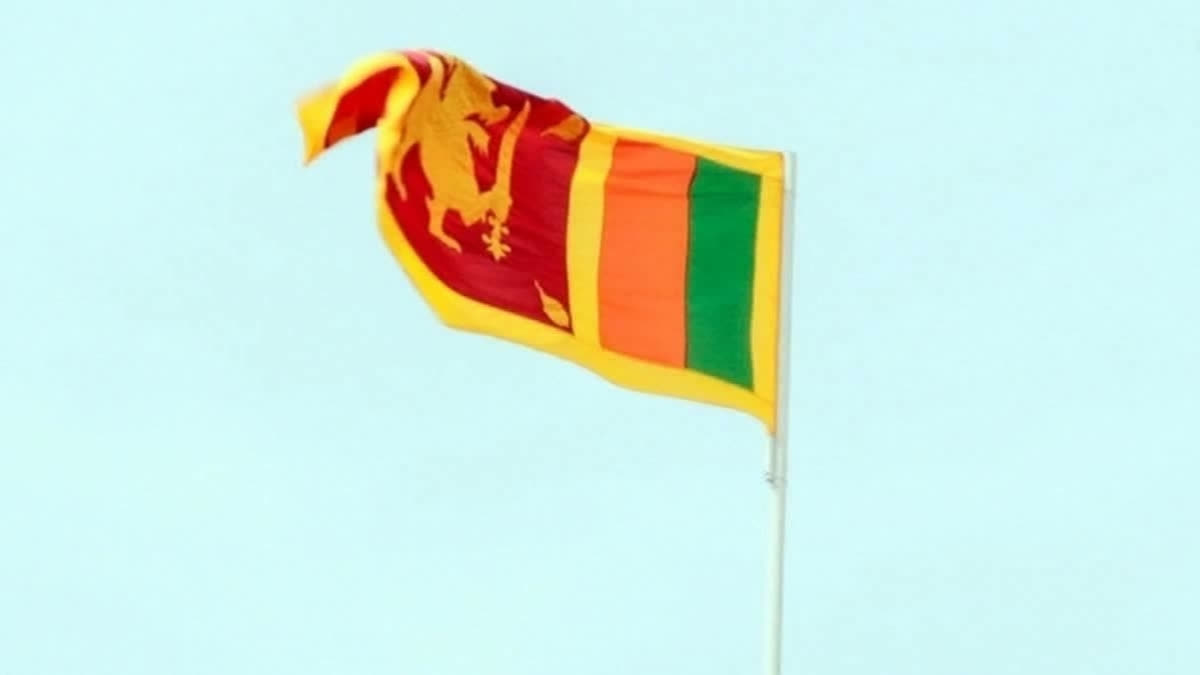Colombo: President Anura Kumara Dissanayake concluded his campaigning for Thursday’s parliamentary election by pledging economic consolidation under his new government. The snap parliamentary elections were called by President Dissanayake after he won polls in September on a promise to combat corruption and improve the country's economic situation.
The ex Marxist group, National People's Power (NPP) seeks a fully powered assembly to carry out mainly their anti-corruption policies where they allege that all politicians from major political parties who had ruled the country from 1948 were responsible. Since being elected the government has reopened some of the past cases.
However, the government has faced criticism for its failure to reverse some of the hard-hit economic reforms of the previous administration of President Ranil Wickremesinghe.
Dissanayake addressing his final campaign rally on Monday said in the new government budget to be presented in March there will be drastic cuts of the pay-as-you-earn tax, an area where Wickremesinghe became highly unpopular as he was clamped by the rigid International Monetary Fund bailout conditions to raise state revenues.
Wickremesinghe, the outgoing president who lost to Anura Kumara Dissanayake in last month’s presidential election, is not contesting a parliamentary election for the first time since 1977.
Dissanayake government now faces the challenge of meeting the IMF targets on revenue in the third review of the USD 2.9 billion programme. “The IMF will be coming here for the third review two days after the election. We will be able to complete the review by February," Dissanayake said.
Wickremesinghe secured three tranches of USD 300 million each and the fourth was due when he was compelled to announce the presidential election in September. Dissanayake stressed that on November 14 the era of ruling class reign which lasted for over 75 years since 1948 would be formally ended.
“Give us a strong parliament by filling it with NPP members”, Dissanayake said. Analysts note, however, that given the NPP cumulative national percentage of 42 per cent in the previous presidential poll, the new president’s NPP might struggle to cross the 113 seats required for a simple majority in the 225-member assembly.
The Rajapaksa brothers - Mahinda, Gotabaya, Chamal and Basil - will not contest the parliamentary election after decades-long representation. Scores of ministers and deputies from the past regime have opted out of the race.
As many as 196 members are to be elected from the 22 districts based on the proportional representation system while 29 would be elected from the cumulative votes polled national list to provide a 225-member Parliament for a five-year term.
Political parties and independent groups file lists of candidates for each district. Seats are allocated proportionately according to votes polled. Individual MPs get elected based on the preferential votes cast in their favour. Each voter is entitled to mark three individual preferences.



